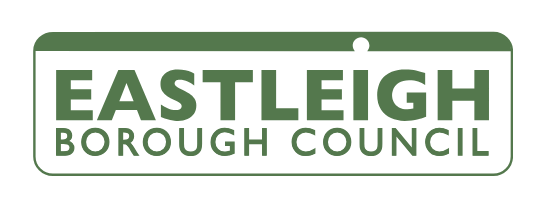CapacityGrid, the service technology company, today revealed that its Fraud & Error Reviews Service is on track to achieve £2.5m of savings by June 2016 for a consortium of 12 local authorities since it went live in early 2015; £1.5m of Council Tax reduction and £1m of Housing Benefit. The savings realised are more than double the funding that the DCLG and DWP awarded the consortium in support of initiatives aimed at reducing fraud and error in these public funds.
Vijay Chandiramani, COO, CapacityGrid, said: “This means that for a number of councils within the consortium they will have achieved a step-change reduction in fraud and error for Council Tax Reduction of over 35% over the life of the project.”
Dean Langton, Strategic Director at Pendle Council, said: “The results achieved so far have been extremely encouraging. It is important that benefits are paid correctly and to the right claimants. Fraud and error within the system can result in claimants being paid incorrectly, and at the same time this isn’t fair on the taxpayer. Using technology and data analytics has given us a fundamentally different way to tackle fraud and error. This has helped us to reduce workload on our staff and also produce better outcomes.”
Delivered as a fully managed service, the Fraud & Error Review Service works by matching data that is live at the point of review. CapacityGrid undertakes a full end-to-end intervention on cases where it is identified that error may be present. At the point of decision all evidence associated with CapacityGrid’s intervention is provided electronically so councils have a complete and auditable record of everything that has been done. The service is operated by highly experienced benefits practitioners, drawing upon best-in-class data processes and insight. CapacityGrid is using GBGroup (GBG) as its strategic data partner to provide data relating to Housing Benefit and CTR claimants, and identify cases where there is a potential mismatch of data.
“Addressing the challenge of fraud and error within the benefits system remains a huge challenge for local government. However, initiatives such as this demonstrate how local government can overcome the unprecedented pressure to deliver savings while at the same time improving outcomes.” added Chandiramani. “The results achieved to date clearly show a joined up approach to data and process automation can help local councils more accurately identify fraud and error in claims for Council Tax Reduction and Housing Benefits. We’re now offering councils a choice over how they wish to engage this service, either via a fully managed review or as an intelligent fraud hub for those wishing to self-serve.”





